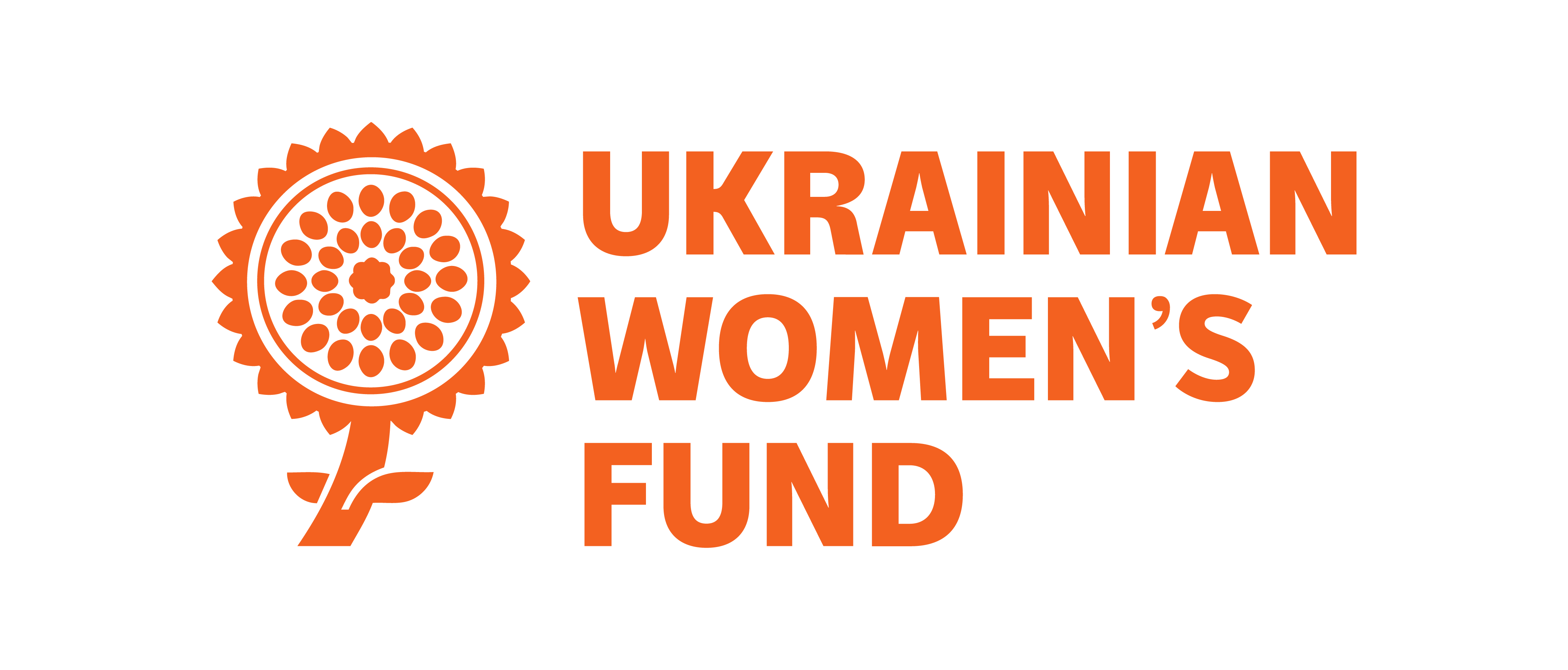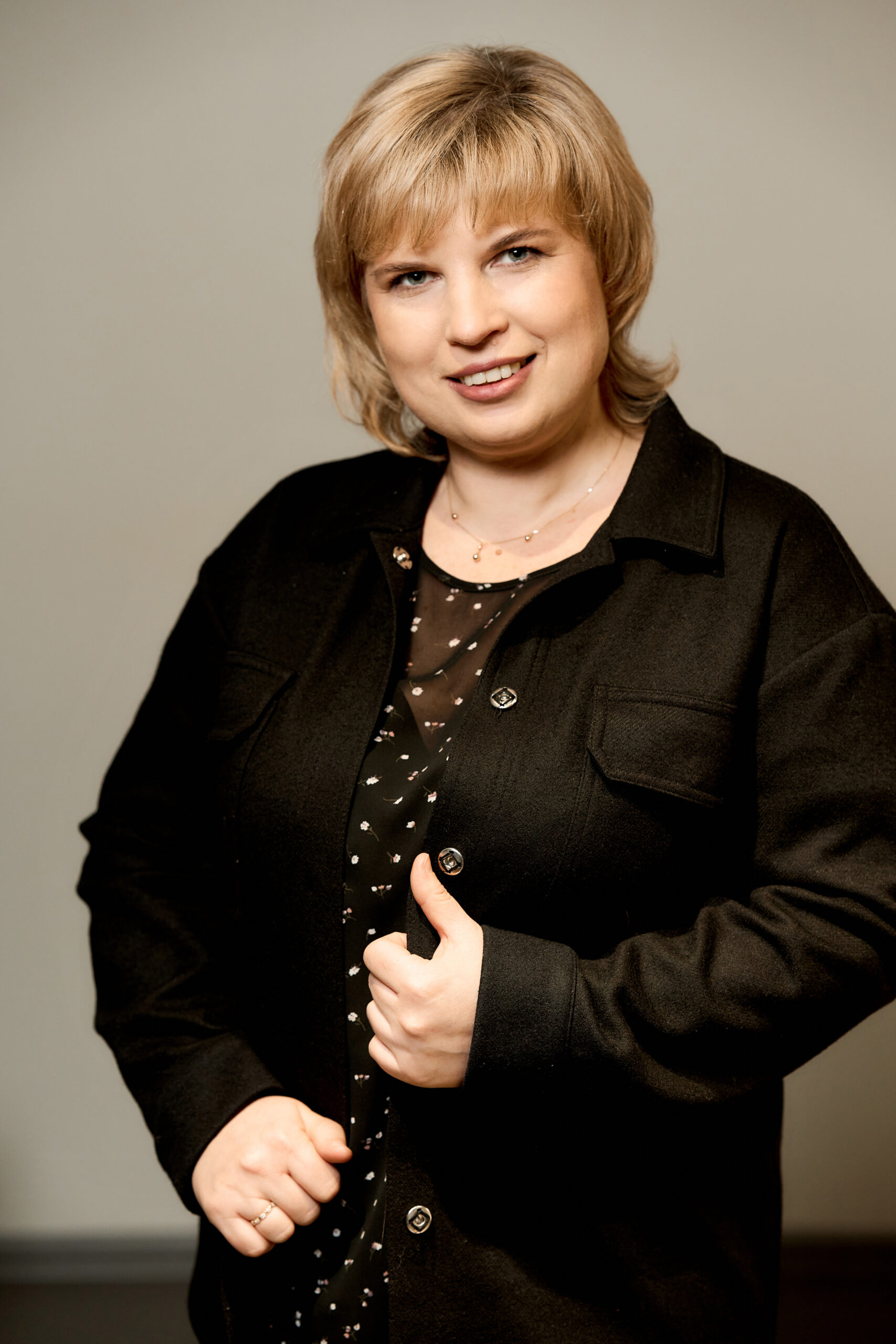In the autumn of 2023, Yuliia Malko participated in the training “Organisational Capacity for Gender Think Tanks” conducted by experts from the Centre “Partnership for Development” (CPD) in Moldova. The experience exchange visit took place within the framework of the project ” Network of gender think tanks: capacity development for advanced policy design, impact assessment, strategic advocacy, and specialised policy communications”, implemented by the Ukrainian Women’s Fund with the support of the European Union.
“Our Moldovan colleagues presented a tool used to take an objective look at public policies called the ‘Tool for Assessing the Level of Gender Mainstreaming in Public Policies’. In Moldova, this tool is officially used by government agencies, turning to civil society organisations to evaluate their policies. They have a procedure to rank public policies in terms of gender mainstreaming. And they are very proud that both public authorities and civil society have managed to achieve tangible progress together. So, during the training, we had the idea to develop a similar mechanism for Ukraine and to apply it for analysing policy documents,” says Yuliia Malko, representative of the Bureau of Gender Strategy and Budgeting.
When preparing the tool, the Bureau of Gender Strategy and Budgeting consulted with experts from the Centre “Partnership for Development” (CPD) and Ukrainian experts. The tool was validated with representatives of local self-government bodies and cooperated with the Association of Amalgamated Territorial Communities.
The Rapid Gender Mainstreaming Assessment Tool for Recovery Programme Documents helps not only to identify problems, but also to find opportunities to strengthen the gender sensitivity of documents.
“Our tool can be used to see what else can be done to make the document more gender-sensitive,” explains Yulia Malko.
The assessment is based on a scale from 0 to 4 (in half-point increments) and covers four stages: problem analysis, development and implementation of the document, monitoring and evaluation, and sustainability of the document.
“When analysing a document by certain steps, we understand, for example, how the data in the document is disaggregated by gender, age, place of residence or other relevant characteristics. When it comes to public policy in the field of social protection, gender alone may not provide a correct understanding of the situation of different groups of women and men. It would be useful to add additional indicators to reflect diverse circumstances — for instance, rural residency or families with children, etc.,” says Yuliia Malko.
The experts of the Bureau of Gender Strategy and Budgeting analysed documents of the state and local levels when preparing the tool.
“The biggest challenge for us was the lack of a unified structure across national-level documents. For instance, strategies may follow one format, while state programmes follow another — and it is difficult to adapt the tool to be used accurately across different types of documents,” says Yuliia Malko. “It’s important that the tool is used by individuals who are knowledgeable in gender issues. Otherwise, there is a risk it becomes a mere formality. The tool should be applied by gender experts or civil society actors to help government authorities make their documents more gender-sensitive. And in this context, it is also crucial to have demand from public authorities or local self-governments.”
In Ukraine, many regional community recovery plans do not include or only partially incorporate a gender-sensitive approach.
“And if they had used the document with this tool, they would most likely have seen more prospects for taking a gender-sensitive approach into account — including insights into trends and the challenges faced by different groups of women and men,” says Yuliia Malko with confidence.
At the same time, Yulia Savelieva, a representative of the Association of Amalgamated Territorial Communities, says that about thirty communities from Odesa, Khmelnytskyi and Dnipropetrovska oblasts have already expressed interest in the tool. Some of them are already working with it.
“We sent all member communities of the Association a proposal to familiarise themselves with the tool. Those who expressed interest were invited to a meeting. The event brought together not only those directly responsible for recovery programmes in their communities, but also representatives from various structural units. These included very different sectors: education, housing and utilities, social protection. From the feedback we received, we know that many communities have already begun incorporating elements of the tool into their work — such as collecting the needs of different population groups or gathering gender-disaggregated statistics. They are implementing this. The issue, however, is that it has not yet become a system, and they are not required to report on it. In other words, they are doing it because they are interested, not because it is a mandated practice. If the tool were formalised at the level of the Ministry for Communities, Territories and Infrastructure Development and made mandatory for all, that would be its greatest value,” says Yuliia Savelieva, representative of the Association of Amalgamated Territorial Communities.
Overall, the most common request from communities regarding the tool concerns how to properly develop effective indicators that meet the criteria of gender sensitivity.
“The value of the tool lies in its formalisation. Communities clearly understand how to implement it and apply it to each specific programme. Everything is outlined step by step, in detail, so communities do not have to figure out on their own what a gender-sensitive approach should look like in each individual case,” says Yulia Savelieva.
The Rapid Gender Mainstreaming Assessment Tool for Recovery Programme Documents is an important step towards integrating gender equality into Ukraine’s policies on its way to the EU. Based on the Moldovan experience and adapted to Ukrainian realities, it allows for systematic analysis of documents, identification of gaps, and strengthening of gender sensitivity. And thanks to the involvement of experts, cooperation with communities and support from the Association of Amalgamated Territorial Communities, it is already being put into practice on the ground.
The material was produced in framework of the Action “Network of gender think tanks: capacity development for advanced policy design, impact assessment, strategic advocacy, and specialized policy communications” implemented by the Ukrainian Women’s Fund with the support of the European Union. Contents of the publication are the sole responsibility of UWF.

